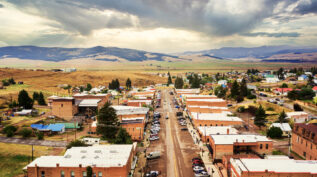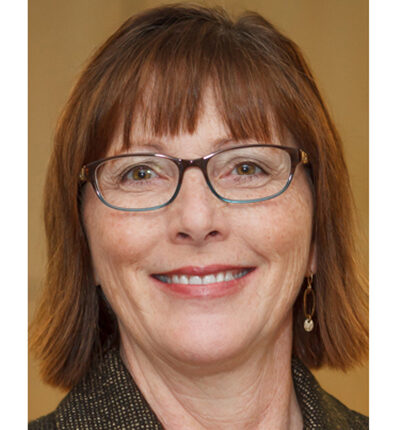Rural Funders Peer Network: Rural Community Capacity Building
Posted on April 26, 2022 by Jerry Kenney, Emily R. Warren Armitano, Kathleen Flanagan

Kathleen Flanagan develops and implements strategic grantmaking areas on economic development in rural communities. This effort includes policy and practice in workforce development, entrepreneurship, rural economic development and promoting family economic success. She joined the Foundation in February 2016 from the Wildhorse Resort and Casino in Pendleton, Oregon, which is an enterprise of the Confederated Tribes of the Umatilla Indian Reservation.
At the Wildhorse Resort and Casino, Kathleen was the business development manager for 18 years and created a microenterprise development program that offered Native Americans counseling, technical assistance and business training. She partnered with Greater Eastern Oregon Development Corp. to establish a revolving loan fund for Native American entrepreneurs. She also co-wrote a 20-year small business master plan and secured a $200,000 Native American Social Entrepreneurship Initiative grant.
Kathleen has been active in the Oregon Microenterprise Network Board of Directors where she served as president in 2013. She was appointed by the Oregon Governor’s Office to serve on the Grow Oregon Council (2012-2014). She is also a past president of the Pendleton Chamber of Commerce and is a graduate of the Ford Institute Leadership Program (2010).
Kathleen has a bachelor’s degree in business administration and economics (with honors) from Eastern Oregon University.

We’re here to equip you with the tools you need to make a meaningful impact. Contact NCFP for support.
Keep up with trends in family philanthropy. Subscribe to our newsletter.
Gain access to personalized support and a network of peers. Join our community!

